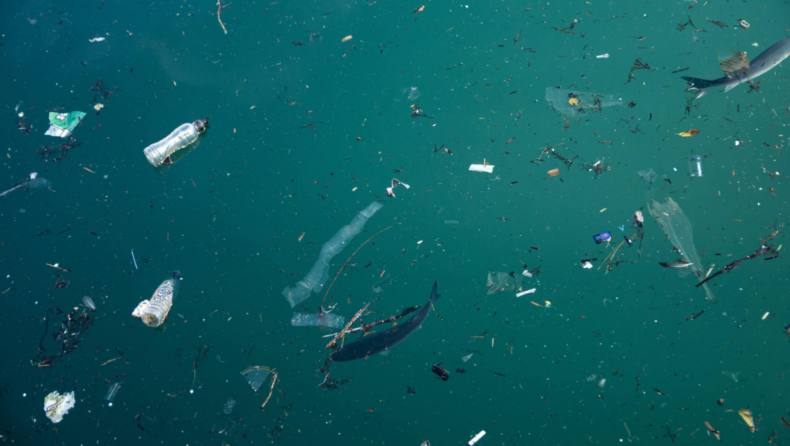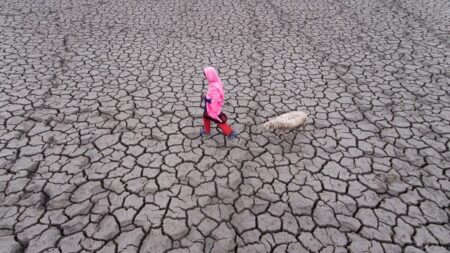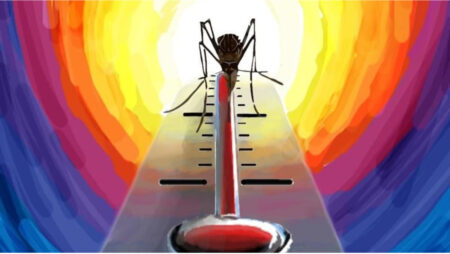The plastic debris found in water bodies is fully endowed with biomass, and thus, can be a possible source to contribute to antibiotic production.

The journal ‘American Society for Microbiology‘ recently published a new study that has revealed that plastic debris, a product of plastic pollution can serve as an excellent source for the production of antibiotics in the ocean.
The world and the global authorities are trying their hardest to alleviate the problem of plastic pollution and the publication of the journal brings much respite and highlights the biomass potential of plastic.
The researchers and experts who worked and published the study have expressed that every year, at least 5-13 million tonnes of waste plastic end up in the oceans.
According to the general belief and understanding, this accumulation of waste plastic debris leads to the death of oceanic fauna and flora, as well as has a critical impact on the animals. The recent study claims otherwise.
The study indicates that the large accumulated plastic debris generates microplastics in the ocean with the help of which microbes can build up an entire ecosystem. It further claims that the plastic debris is well endowed with biomass and therefore can serve as a potential source of antibiotic production that usually takes place in highly competitive but natural environments.
To further probe into the apparent potential of the concept of Plastisphere to serve as a novel source of antibiotics, researchers have brought in modifications to the Tiny Earth citizen science approach developed by Dr. Jo Handelsman.
The researchers were successful in isolating 5 antibiotic-producing bacteria from the plastic debris found in the ocean which includes strains of Phaeobacter, Vibrio, and Bacillus after they incubated low and high-density polyethylene plastic commonly seen in grocery bags in the water for 90 days near Scripps Pier in La Jolla, Calif.
They tested the various isolates against Gram-negative and Gram-positive targets observing them to be very effective against 2 antibiotic-resistant strains and the commonly utilized bacteria.
Considering the current antibiotic crisis and the rise of superbugs, it is essential to look for alternative sources of novel antibiotics, We hope to expand this project and further characterize the microbes and the antibiotics they produce.
Andrea Price, Lead author, National University
A report produced by the Organisation for Economic Co-operation and Development (OECD) stated that the usage of plastic globally will increase threefold by the year 2060.













